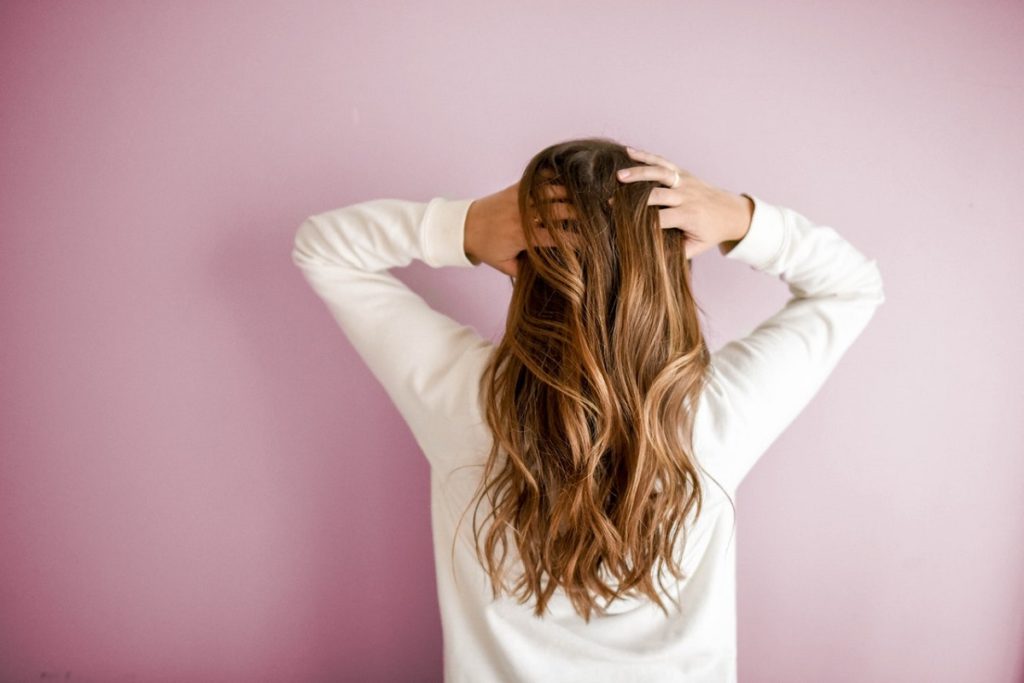Going through recovery for an eating disorder means healing for the mental, emotional, and physical aspects of yourself. But this process extends to your close relationships and peers too. The ideal recovery is holistic after all.
Like any process, it’s best to approach it with baby steps.
One of the things no one really brings up during recovery is hair care. Your body experiences changes while in this process, and it requires patience and understanding. One of the priority goals of recovery is to bring your physical health back to its optimum condition. This includes your hair.
To help you, here are some tips that can get you to kick start your hair back to good health.
Adjust Your Diet
Although a change of diet is already a given in the recovery process, might as well throw in some food that will benefit your hair. Multiple foods can provide nutritional benefits for your hair. Add some vitamin B5 from greek yogurt aids in hair growth, while iron-fortified cereals help prevent hair loss.
It’s important to have a holistic and effective meal plan that caters to your needs. To make the most of your anorexia treatment plan, be sure to consult with your doctor or dietitian. Communicate your own goals for this course.
Take Your Supplements
Sometimes, you don’t get enough nutrients you get from the food you eat. That’s where supplements come in. Supplements fill in the nutritional gaps in our diets, making sure that we have what we need. They serve as a consistent source of these nutrients, so it’s best to take them daily or as advised.
Some nutrients, like omega fatty-3 acids and vitamin A, are good for your hair. These you can get with supplements.
There are also supplements that specifically cater to your hair’s needs. You can opt to take those too to get your daily dose of hair nutrition.
Like formulating your meal plan, make sure to consult your doctor with which supplements to go for so your needs will be properly addressed.

Strengthen Your Hair Care Routine
Now that we’ve covered a couple of tips to take to nourish your hair from the inside, let’s talk about what you can do on the outside.
Use a Wide-Tooth Comb
Due to malnutrition, your hair strands may be brittle and easy to break. Combining your hair in this condition should be done with care, especially when it’s wet.
Wet hair needs extra care since it’s at its most vulnerable. A wide-tooth comb is the best for wet hair. It allows room for hair strands to untangle without stretching or causing stress to them. Switching to a wide comb could be the answer to lessening your hair fall!
Hair Mask, Leave-in Conditioner, and Other Hair Treatments
It doesn’t hurt to be a little extra on some days. Indulge yourself and your hair with a relaxing hair spa day! Hair masks, hair oils, and the like can help nourish, condition, and repair your hair. Depending on which product and function you want to go for, it’s a great routine to include in your once-a-week self-care rituals.
The best part is these products are accessible. They can be bought in your local drug stores and boutiques. You can even make your own DIY hair mask at home with ingredients already in your kitchen!
Don’t Wash Your Hair Every day
Taking a relaxing, hot shower after a long day is easily anybody’s highlight of the day. But did you know that taking frequent full showers isn’t healthy for both your hair and skin?
Frequent showering can strip your hair’s natural oils, leaving it brittle and dry. It also does the same to your skin. However, there is no rule set in stone for how often one should shower. It would all depend on the season, your skin condition, and your preference.
You can only see growth in your hair-or in any other aspect of your life for that matter if; you put patience, care, and effort into it. Remember to treat yourself with the same attention you give your hair.
Some days will be harder than others, and that’s okay. As long as you put in the work and intention to get better, you’re getting closer to your goal every day. Remember, baby steps.
Healing from an eating disorder entails regaining control over your overall health. After all, recovery should be holistic. Practice self-care in all its forms.
Remember that working on the hard parts of yourself is self-care too.

